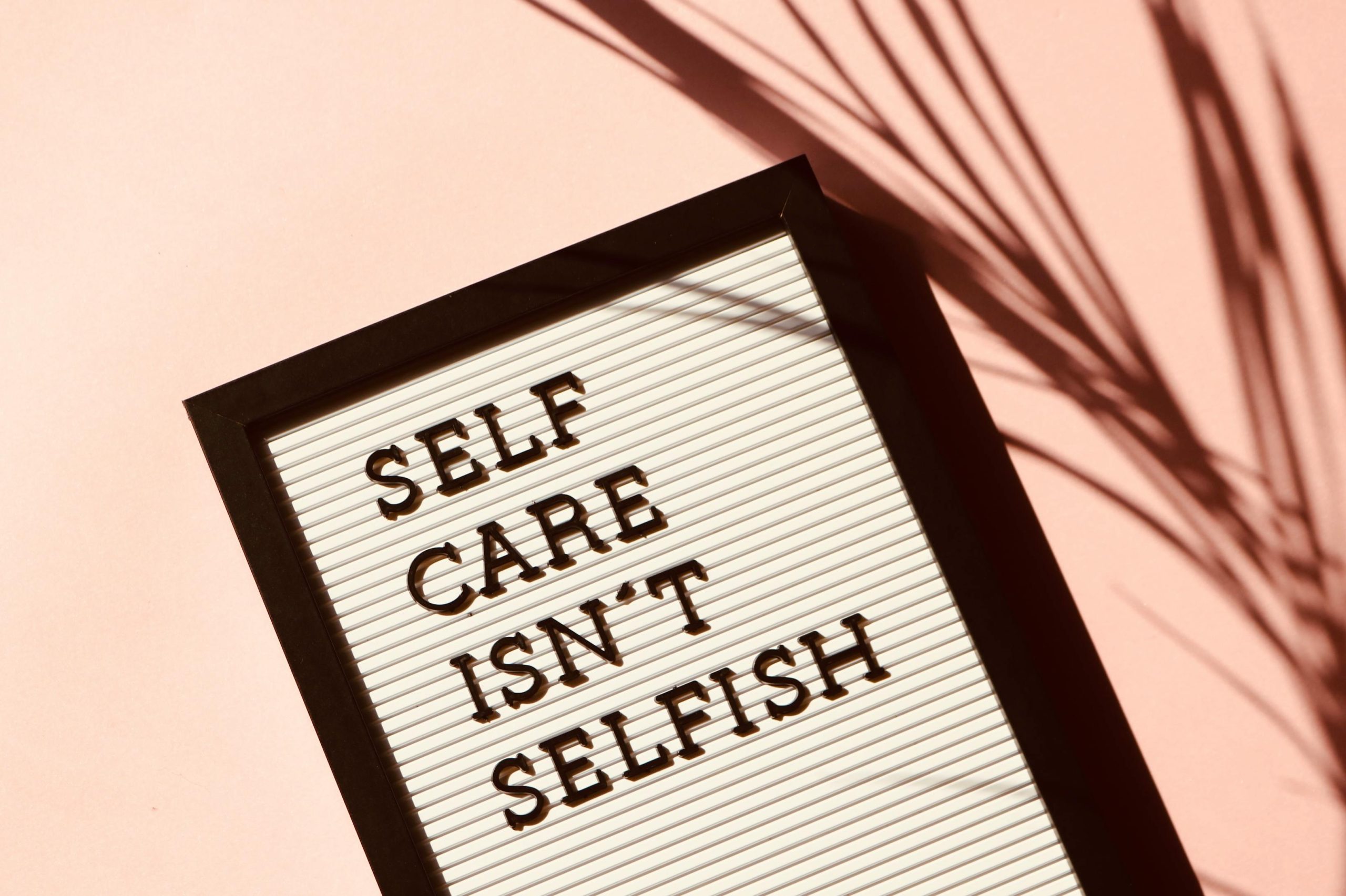In today’s fast-paced world, mental health is often overlooked, yet it plays a crucial role in our overall well-being. Just as we prioritize physical health, nurturing our mental and emotional state is essential for a balanced, fulfilling life. Stress, anxiety, and burnout are common challenges, but with the right strategies, we can cultivate resilience and maintain mental wellness. This article explores the importance of mental health and provides actionable self-care tips to help you thrive.
Why Mental Health Matters
Mental health influences every aspect of our lives, from relationships and productivity to physical health and happiness. Poor mental health can lead to chronic stress, weakened immunity, and even long-term conditions like depression or anxiety disorders. On the other hand, a healthy mind fosters emotional stability, better decision-making, and stronger connections with others.
Ignoring mental health can have serious consequences, including reduced quality of life and increased risk of physical illnesses. By prioritizing mental wellness, we not only improve our daily experiences but also build a foundation for long-term resilience and joy.
Recognizing the Signs of Mental Strain
Before addressing mental health, it’s important to recognize when you might be struggling. Common signs include:
- Persistent fatigue despite adequate rest
- Irritability or mood swings that feel unmanageable
- Difficulty concentrating or making decisions
- Withdrawal from social activities or loved ones
- Changes in appetite or sleep patterns
If these symptoms persist, it may be time to seek professional help. Early intervention can prevent more severe issues and support recovery.
Essential Self-Care Practices for Mental Wellness
Taking care of your mental health doesn’t have to be complicated. Small, consistent actions can make a significant difference. Here are some effective strategies:
1. Prioritize Sleep and Rest
Quality sleep is foundational for mental health. Poor sleep exacerbates stress and impairs cognitive function. Aim for 7-9 hours of restful sleep each night by establishing a calming bedtime routine, limiting screen time before bed, and creating a comfortable sleep environment.
2. Stay Physically Active
Exercise releases endorphins, which naturally boost mood. Even a short daily walk or yoga session can reduce anxiety and improve mental clarity. Find an activity you enjoy to make movement a sustainable habit.
3. Practice Mindfulness and Meditation
Mindfulness helps ground you in the present moment, reducing stress and overthinking. Start with just 5-10 minutes of meditation or deep breathing exercises daily. Apps or guided sessions can be helpful for beginners.
4. Nurture Social Connections
Strong relationships provide emotional support and reduce feelings of isolation. Make time for meaningful conversations, whether with friends, family, or support groups. Even small interactions can foster a sense of belonging.
5. Set Healthy Boundaries
Learning to say “no” and managing your energy is crucial for mental well-being. Overcommitting leads to burnout, so prioritize tasks and relationships that align with your values and needs.
When to Seek Professional Help
While self-care is powerful, some situations require professional intervention. Consider reaching out to a therapist or counselor if you experience:
- Persistent sadness or hopelessness that lasts weeks
- Difficulty functioning in daily life
- Thoughts of self-harm or suicide
- Overwhelming anxiety or panic attacks
Therapy provides a safe space to explore emotions, develop coping strategies, and gain professional guidance. There’s no shame in seeking help—it’s a courageous step toward healing.
Building a Long-Term Mental Health Routine
Sustaining mental wellness requires ongoing effort. Here’s how to create a lasting self-care routine:
- Start small—incorporate one or two practices at a time to avoid overwhelm.
- Track progress—journaling or apps can help you reflect on what works best.
- Be patient—mental health is a journey, not a destination.
- Adjust as needed—life changes, and so should your self-care strategies.
Remember, mental health is just as important as physical health. By making it a priority, you invest in a happier, healthier future.
Prioritizing mental health is not selfish—it’s necessary. Whether through daily self-care, seeking support, or simply being kinder to yourself, every step counts. By recognizing the signs of mental strain and adopting healthy habits, you can build resilience and enjoy a more balanced life. Start small, stay consistent, and remember: your well-being matters.
